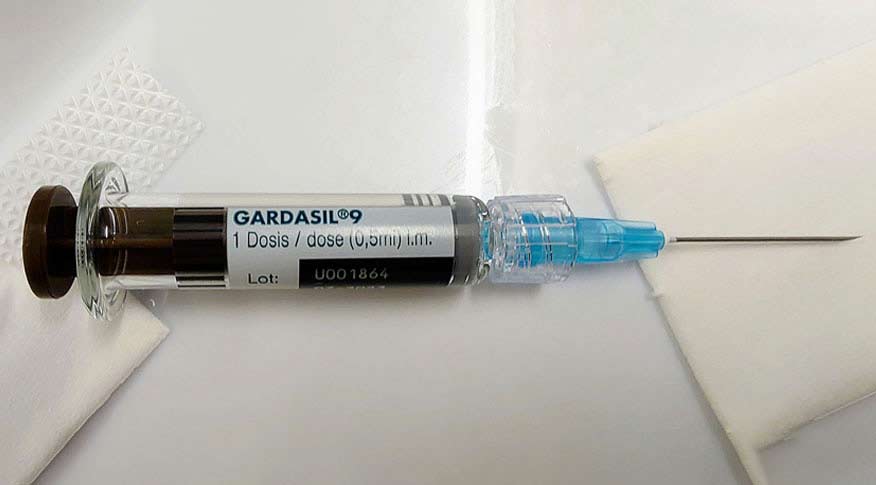Understanding the HPV Vaccine: Protect Yourself, Stay Away from Cancer - Dr. Yeung Ho Hong (楊浩康)
Did you know? HPV (Human Papillomavirus, 人類乳突病毒) is actually quite common, and it can lead to certain cancers, such as cervical cancer in women, as well as anal cancer, throat cancer, and more, which can affect both men and women. Don’t worry—there’s now an HPV vaccine that can effectively prevent HPV infection and reduce the risk of cancer!

HPV Vaccine: A Reassuring Layer of Protection
HPV is a highly prevalent virus primarily transmitted through sexual activity. While most HPV infections resolve on their own, certain types of HPV can lead to cancers, such as cervical cancer in women, and anal cancer, throat cancer, and others that can affect both men and women.
HPV Vaccine: A Great Ally in Cancer Prevention
The good news is that the HPV vaccine (HPV疫苗) can effectively prevent HPV infection, significantly reducing the risk of cancer! The HPV vaccine acts like a “preemptive shot” for your body, allowing your immune system to recognize the HPV virus in advance and produce antibodies. When your body encounters HPV later, it can quickly activate its defense mechanisms to prevent infection.
Who Should Get the HPV Vaccine?
The World Health Organization (WHO) recommends that girls aged 9 to 14 receive the HPV vaccine, as it is most effective at this age. However, many countries also recommend vaccination for young males, as HPV can also cause cancer in men.
About the HPV Vaccine: What You Might Want to Know…
- This is a common concern. Rest assured, the HPV vaccine has undergone rigorous scientific research and monitoring, confirming its safety and effectiveness. The most common side effects include redness, swelling, or pain at the injection site, as well as mild fever or headaches, which typically resolve within a few days. Severe side effects are extremely rare.
- No, the HPV vaccine can prevent multiple HPV-related cancers, including anal cancer, throat cancer, vaginal cancer, vulvar cancer, and penile cancer.
- Yes, even after receiving the HPV vaccine, regular Pap smear screenings are still necessary. The vaccine does not protect against all types of HPV infections, and Pap smears can detect potential abnormalities early.
- Yes! HPV infection doesn’t just affect women—it can also cause cancer in men. Vaccinating boys protects them and reduces the risk of transmitting the virus to their partners.
Is the HPV vaccine safe?
Does the HPV vaccine only prevent cervical cancer?
Do I still need a Pap smear after getting the HPV vaccine?
Do boys need the HPV vaccine too?
Don’t Let Misinformation Harm Your Health
There’s a lot of information about the HPV vaccine online, but not all of it is accurate. Be sure to seek information from reliable sources, such as doctors, healthcare institutions, or government health departments.
Conclusion
The HPV vaccine is an effective tool for preventing HPV infection and reducing the risk of cancer. For the sake of your health and your family’s, consult your doctor to find out if the HPV vaccine is right for you.
